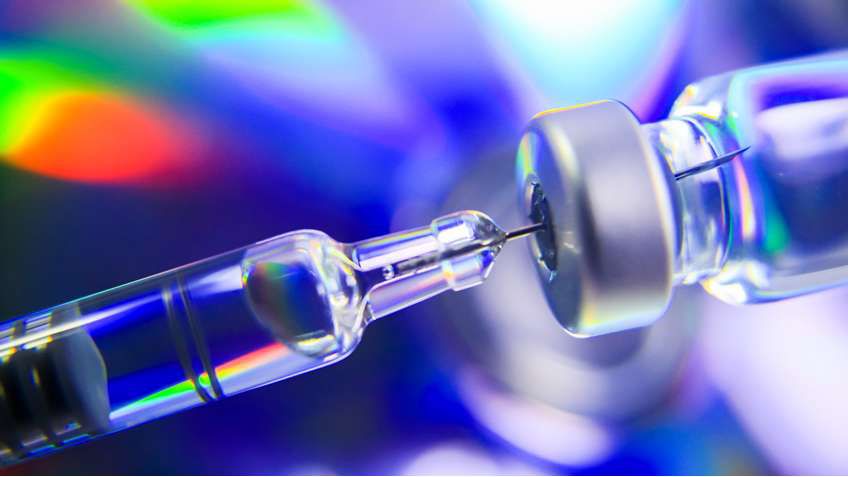Recommended For You
At the iBio plant in College Station, Texas, living plants are used as bioreactors to produce vaccine-grade protein.
They grow 330,000 kg of plants in one year, and the biopharmaceutical company’s facility is more than 100,000 square feet, stands more than five stories high and sits on a 21-acre site.
The iBio Vertical Pharming manufacturing process involves three steps — plant production, plant infiltration and downstream purification in autonomous clean rooms. Everything is automated that can be automated — they don’t allow people to touch the plants.
The process was originally developed in a challenge from the Defense Advanced Research Projects Agency (DARPA) and involved being emailed a gene sequence and a request to make 50 million doses in 12 weeks. It’s what stops a pandemic in America.
Some 1,200 plants of vacuum-infiltrated Nicotiana benthamiana (an Australian tobacco plant) are seeded per tray and sent to one of two grow rooms. The 55-foot-high laminar air-flow room where germination takes place was designed using computational flow dynamics and temperature-controlled within 2°F. The second, larger growth room stands 14 layers high with a capacity of 1.2 million plants.
Agroinfiltration is where the magic happens. It’s where iBio infects the plant with the vector for a transient expression of new protein. The plants are placed upside down in an infecting liquid, evacuated to one-third of atmosphere and brought back to atmospheric. All of their protein-synthesizing DNA is hijacked.
After the plants are fully grown, their proteins are extracted in one of the seven autonomous clean rooms. Built as portable pods, each clean room has 100% redundancy, are fully moveable via air bearings and are controlled using the PlantPAx distributed control system.
They used some very advanced techniques. And now, they’re currently working in Brazil and South Africa to transfer the technology to other countries.
Their strategy is that improvement should be iterative, not retrospective. For iBio, that means starting with baseline equipment and software, then improving on it. With the initial layers of automation already in place, the next step will be to add the manufacturing execution system (MES) to the top layer.
In the pharmaceutical industry, the final customer is the patient. Mistakes are not allowed.
They have to be 100% correct each time, which is a daunting task. Quality by Design includes assessment, quality target product profile, risk analysis, process development and validation.
As one of the most regulated industries on the planet, iBio is thinking inside the box. And they must have a constantly improvable environment.
Find out more about the PlantPAx modern DCS from Rockwell Automation.
iBio presented this project at the Process Solutions User Group (PSUG) in Houston, Texas.
This blog is based off an article from the editors of Control.
Published April 11, 2018


